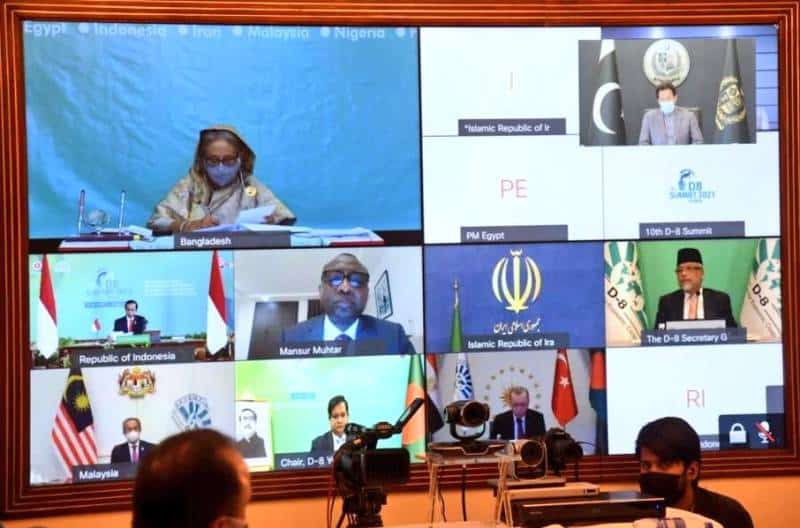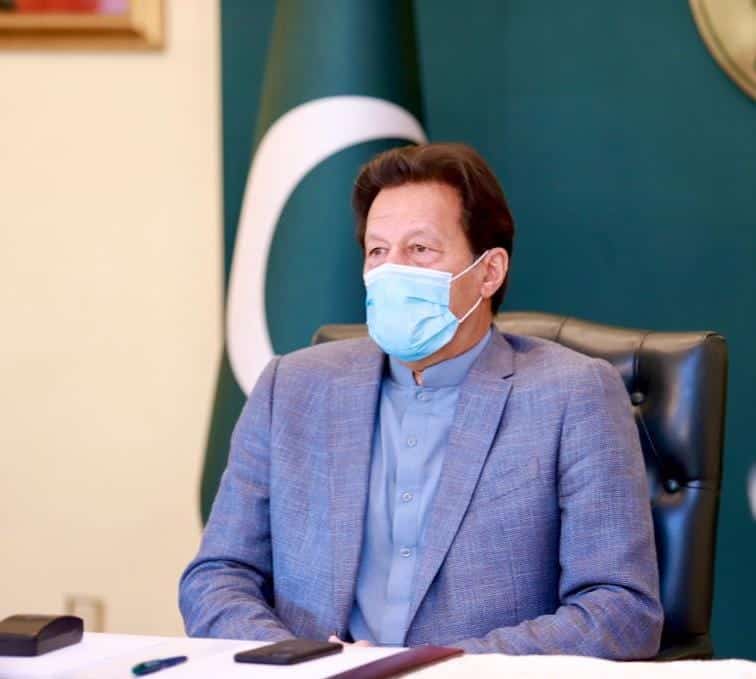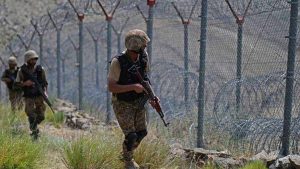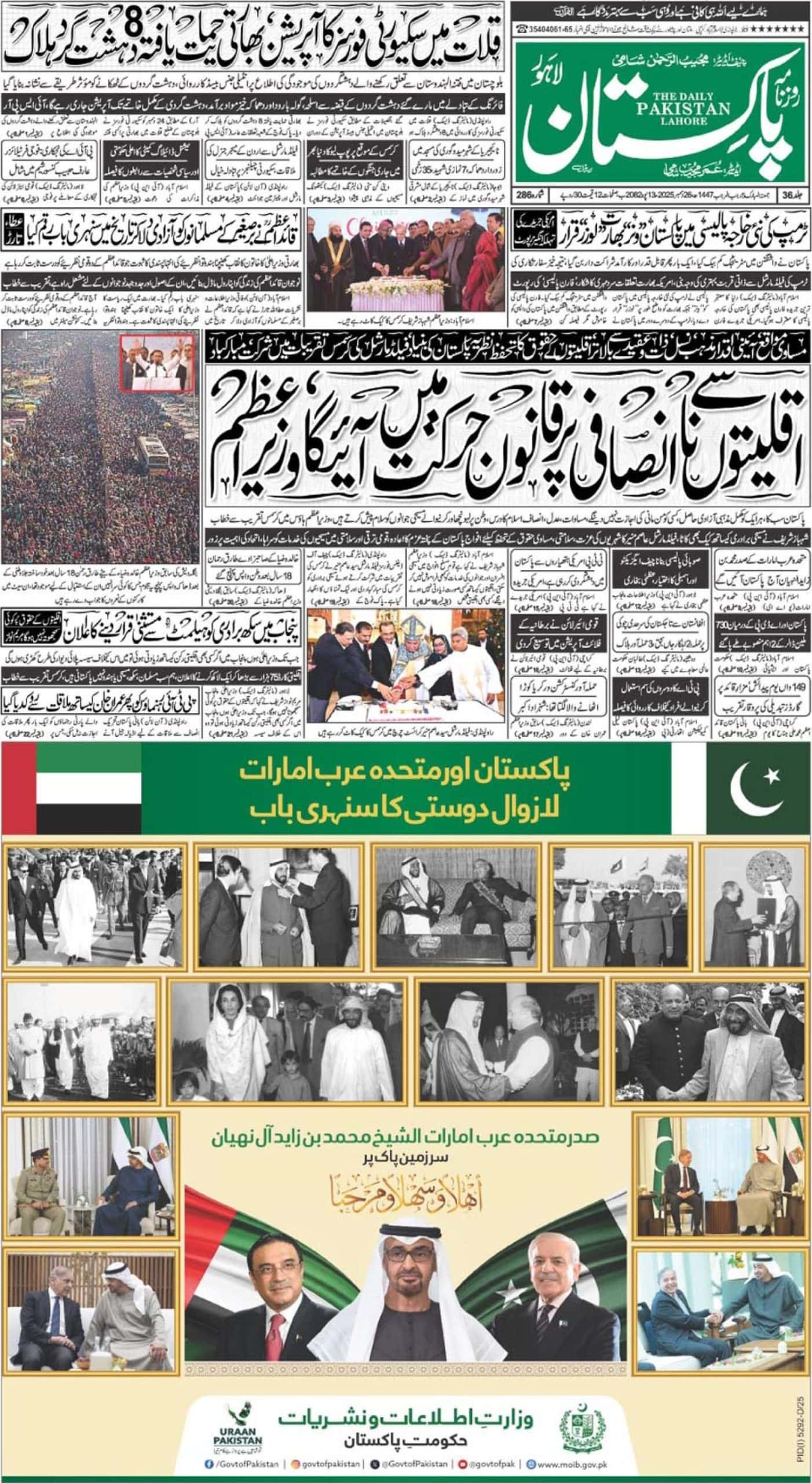ISLAMABAD – Prime Minister Imran Khan on Thursday unveiled five-point roadmap to realise the vision of D-8 organissation in testing times world facing due to the COVID-19 pandemic
The premier was addressing the 10th virtual summit of the D-8 Organisation for Economic Cooperation. The group comprises Bangladesh, Iran, Turkey, Malaysia, Egypt, Indonesia, Nigeria and Pakistan aims at facilitating cooperation for development.
The summit was hosted by Bangladesh under the theme. “Partnership for a Transformative World: Harnessing Power of Youth and Technology”.
1 – Mobilize Financing
“One, we must mobilize financing and resources to recover robustly from the economic and health crises induced by the COVID pandemic,” he stressed.
“To address the unique economic and financial challenges faced by developing countries as a result of the pandemic, I have already suggested a 5-point plan. This includes: debt relief; creation and redistribution of Special Drawing Rights (SDRs); mobilization of climate finance; eliminating illicit financial flows; and return of stolen assets to developing countries. It was in this context that I called for a “Global Initiative on Debt Relief” last April.”
2 – Expanding intra D-8 trade
The premier said that the members countries must take concrete actions to achieve the target of expanding intra D-8 trade from currently around US$100 billion to US$ 500 billion by 2030.
“It should include measures like simplification of border procedures, enhancing institutional linkages, and operationalizing new initiatives. We welcome ideas like the D-8 Payment Card which would enable transactions in local currencies,” he added.
Live Stream: Prime Minister of Pakistan @ImranKhanPTI's Speech at 10th D-8 Summit virtually hosted in Dhaka Bangladesh (08.04.21)#PrimeMinisterImranKhan #Pakistan 🇵🇰 #D8Summit https://t.co/6O6kgRfc8g
— Prime Minister's Office (@PakPMO) April 8, 2021
3 – Youth Engagement Strategy
He stressed on developing a “Youth Engagement Strategy” focused on promoting cultural, educational, and scientific and business exchanges.
Linkages should be established between educational institutions through scholarships, skills development, trainings, fellowships, joint research, and exchange programmes for the youth, particularly in the field of science, technology and innovation, he said.
4 – Technological development
He highlighted that technological development was a gateway to economic prosperity, particularly in the post-pandemic period when reliance on technology would be greater than ever before in human history.
“To remain competitive, we must promote knowledge-based economies, increase expenditure on research and development, and focus on rapid digitalization. Pakistan has recently hosted the inaugural meeting of the D-8 Network of Pioneers for Research and Innovation (NPRI).”
5 – Enhancing Cooperation
PM Khan said, “We should make D-8 more relevant to the lives of our citizens by promoting food security, enhancing cooperation in health, holding joint sports events and helping each other during natural disasters”.
To achieve these goals, he said that a high level of commitment and mobilization of financial resources by both developed and developing economies is required.
Partnerships between governments, international financial institutions, businesses and civil society are essential to leverage technology, innovation and skills to enable every young person to have all opportunities to realise their full potential, he highlighted.
He also congratulate Bangladesh PM Sheikh Hasina on assuming stewardship of the D-8 and commend President Erdogan for ably steering the Organization during the past four years.

Highlighting the drastic effects of the pandemic, he said that the world today is at a defining moment because of the inter-connectedness, and the economic, social and environmental vulnerabilities created by this inter-connectedness.
“The COVID-19 pandemic has caused death of over 2.9 million people. More than 250 million people became unemployed and lost their jobs. Trillions of dollars were lost as a result of global economic contraction,” he said.
He highlighted that inequalities have been accentuated within the countries and between rich and poor countries.
The developing countries are faced with the dilemma of not only saving people from the deadly virus, but also saving from hunger.
Today, the world boasts the largest number of young people in history, he said, adding that even before the pandemic struck, around one-fifth of the global youth was unemployed and did not have the education and the skills to equip them for the 21st century.
“We owe it to our youth to turn this around,” the Pakistani premier said.
“We have 550 million youth population in D-8 countries. Our youth has not only the potential to optimize our opportunities, but also overcome our common challenges.
They are entrepreneurs, business innovators, technology pioneers, educators, activists, artists, and journalists.
We must create new opportunities for this predominant component of our population.”
Harnessing technology, promoting innovation, investing in youth education, skills and training, is, therefore, an urgent imperative.
He said that Pakistan is pursuing the initiatives through programmes such as KamyabJawan, Hunarmand Pakistan, a Youth Entrepreneurship Scheme, and Digital Pakistan.













